Original (UK Perkins 200KVA) Diesel Generator Price in Bangladesh
Perkins 200 kVA Generator Specifications:
- Alternator Brand: Stamford, UK
- Model of Alternator: UCI274H1
- Voltage regulator model: SX460
- Voltage Regulation: ± 1%
- Short Circuit Capacity: >300%
- Cooling Method (ltr/hr): water-cooled
- Voltage Rated & Phase: 440/230 Volt & 3-Phase
- Speed: 1500 rpm
- Type: Open, canopy, trailer
- Phase / Frequency: 3 Phase, 50-60 Hz
৳ 2,930,000.00 ৳ 3,040,000.00
Standby Gen: Reliable Power Solutions for Every Need
In today’s fast-paced world, reliable power is essential, from households to hospitals. In the event that the grid fails, a standby generator provides a smooth power source, guaranteeing that vital systems continue to function. Because they come in a variety of shapes, sizes, and fuel choices to meet particular needs, standby generators are useful tools for both commercial and industrial settings.
A standby general is what?
A standby generator is a backup power source designed to automatically kick in when a power outage occurs. Unlike portable generators, a standby generator is permanently installed and connects directly to the electrical system. This generator type is intended to restore power within seconds of an outage, keeping critical appliances, lighting, and security systems operational. By utilising automatic transfer switches (ATS), standby generators can detect power interruptions and activate on their own, providing a hands-free experience for the user.
The Main Advantages of Standby Generators
When power goes out, Standby Gen are dependable ways to keep vital systems running. Here are the main benefits of using a standby generator:
- Automatic Activation: Standby generators automatically detect power loss, providing seamless backup without user intervention.
- Reliability and Safety: Standby generators are designed to withstand heavy use and operate for prolonged periods of time, guaranteeing user safety and the uninterrupted operation of vital systems.
- Convenience: With hands-free operation and long run times, standby generators allow businesses and households to continue their operations without interruption.
- Increased Property Value: Homes and commercial properties with standby generators are often considered more valuable and desirable by potential buyers.
Fuel Types for Standby Generators
Standby Gen can run on diesel, natural gas, or propane. Each fuel type has distinct benefits and considerations:
- Diesel: Known for high energy output and fuel efficiency, diesel is ideal for heavy-duty applications.
- Natural Gas: Often the most convenient for urban settings, as it connects to the main gas line, removing the need for onsite fuel storage.
- Propane: Ideal for rural areas without natural gas access, propane offers clean burning and long shelf life.
Frequently Asked Questions about Standby Generators
1: How long can a standby generator run continuously?
A standby generator can run for as long as it has a fuel supply. Typically, diesel generators can run continuously for 24-72 hours before needing to cool down or refuel, while natural gas models can run indefinitely if connected to an uninterrupted gas supply.
2: How much does it cost to install a standby generator?
Installation costs for standby generators vary widely based on generator size, location, and installation complexity. Residential installations generally range from $3,000 to $10,000, including the cost of the generator and labour.
3: How often should I perform maintenance on my standby generator?
Most manufacturers recommend performing maintenance on standby generators at least once a year or after every 200-400 hours of operation. Regular checks should include oil changes, battery testing, and system inspections.
4: Can a standby generator power my entire house?
Yes, many standby generators are capable of powering an entire house. The generator’s capacity should match your home’s electrical load. Some homeowners opt for generators that power only essential systems, which can lower the initial cost and fuel consumption.
5: What size generator do I need for my home?
Generator size depends on your power needs. For most homes, a generator rated between 7 and 20 kW is sufficient. It’s essential to calculate the wattage of key appliances and consult a professional to ensure you choose the right size.
6: Are standby generators noisy?
Standby generators vary in noise levels, but most are quieter than portable generators, especially if installed with a noise-reducing enclosure. Diesel generators may be louder than natural gas models, and units specifically designed for residential use are generally quieter.
Contact Person:
Engr. Md. Zahid Hossain
Managing Director
PS Engineering Ltd
Website: www.psengltd.com/www.ps-power.com
House-06, Road-3/B, Sector-09, Uttara, Dhaka-1230, Bangladesh.
| Weight | 1695 kg |
|---|---|
| Dimensions | 2645 × 730 × 1576 cm |
| Name | perkins 200 kVA generator price, |
| Engine | Perkins 1106A-E70TAG4. |
| Stand by Power (KVA) | 220 kva, 176 kw. |
| Prime Capacity | 200 kva, 160 kw. |
| Engine Model | 1106A-E70TAG4. |
| Alternator | Stamford – UK. |
| Alternator Model | UCI274H1. |
| Controller Type | Deep sea full digital. |
| Rated Voltage (V) | 400-230 V. |
| Speed | 1500 rpm. |
| Type | Open, canopy, trailer. |
| Phase /Frequency | 3 Phase, 50-60 hz. |
| Orgin | United Kingdom. |
| Engine Cylinder | 6 cylinders. |
| Condition | Brand new (used also available). |
Based on 0 reviews
Be the first to review “Original (UK Perkins 200KVA) Diesel Generator Price in Bangladesh”
You must be logged in to post a review.
You may also like…
-
-
Generator
Perkins (UK) 45 KVA / 36 KW Diesel Generator | PS Engineering Ltd.
Engine Details:
- Engine Speed: 1500 RPM
- Capacity (Prime): 45 kVA/36 kW
- Engine: Brand New Perkins Engine (Model: 1103A-33TG1)
- Origin: United Kingdom
- Alternator: Stamford (Model: S1L2-N1)
- Fuel Consumption: 6.5 liters per hour
- Available Stock: Open / Canopy
- Delivery: From Ready Stock after payment
- Fuel System: Diesel
- Warranty: 365 Days Warranty
- Controller: Digital Deep Sea Controller (Model: DSE 6120)
- Phase / Wire: 3 Phase / 4 Wire System
- Weight: 750 kg
- Dimensions: 1550 × 720 × 1240 cm
Call Now: 01317-096620
SKU: 45324532


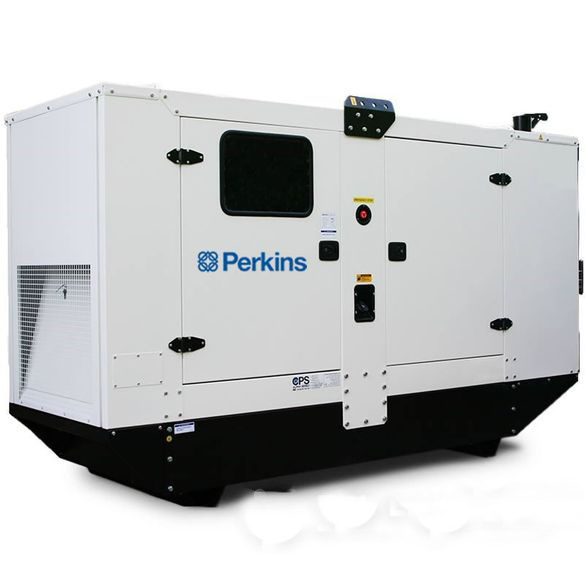
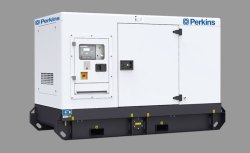
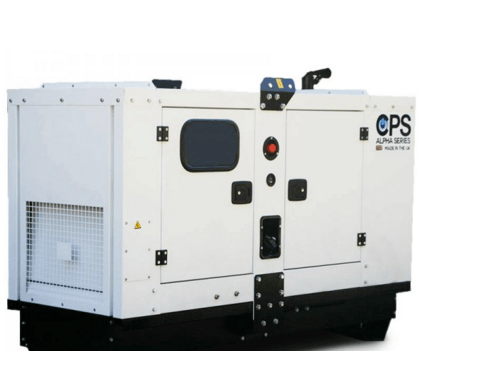


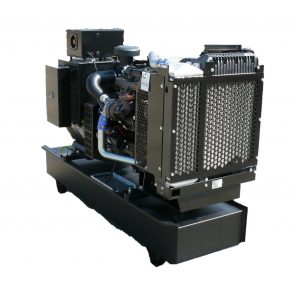


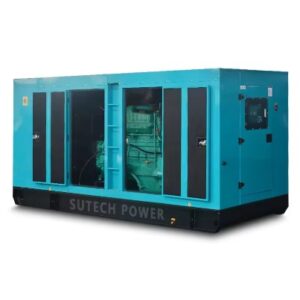
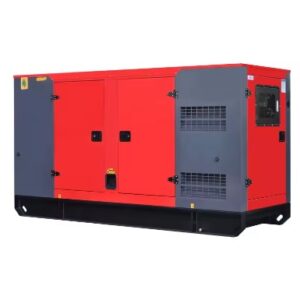













There are no reviews yet.